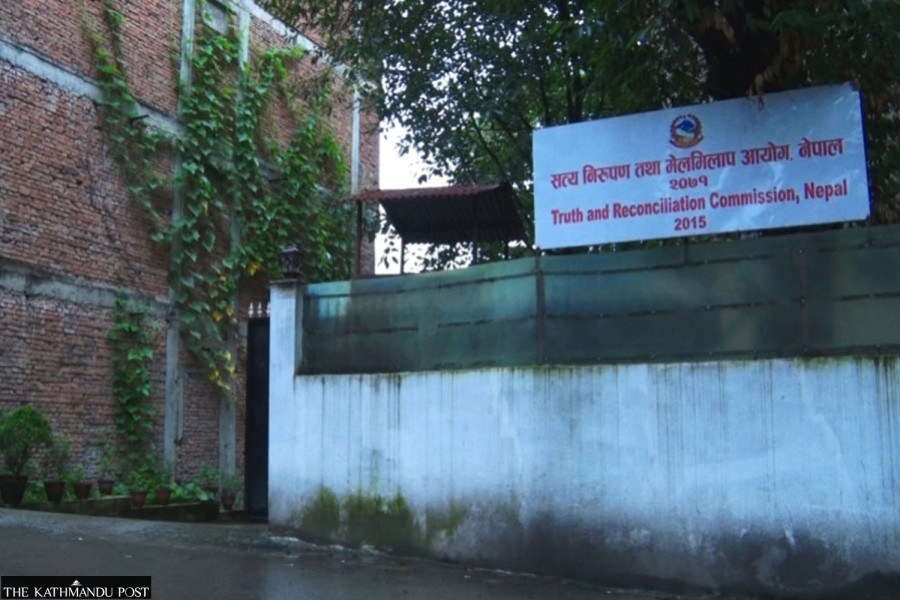National
Long-delayed fund being set up to meet victims’ needs
Last year, the law ministry estimated that Nepal would require at least Rs40 billion to wrap up the peace process.
Binod Ghimire
Over a year after an amendment to the Enforced Disappearances Enquiry, Truth and Reconciliation Commission Act, the government is preparing to set up a fund to support the transitional justice process.
Clause 23A of the Act revised in August last year envisions a fund which would be spent to conclude the long-pending process. The fund, however, has not materialised in the absence of a regulation that guides the process to set it up and mobilise the money contributed to it. Following a delay of over a year, the government is finally endorsing the regulation.
“The draft regulation has been tabled in the Cabinet. Monday’s meeting should endorse it,” said Man Bahadur Aryal, joint secretary at the Ministry of Law, Justice and Parliamentary Affairs. “The fund will be created soon after the regulation comes into force.”
The Act envisions all tiers of government and parties to the armed conflict contributing to the fund. It also expects contributions from Nepali citizens and organisations as well as foreign governments, organisations and international agencies. The Pushpa Kamal Dahal government had allocated Rs 1 billion to the fund in the fiscal year 2024-25. However, the allocation was frozen after the failure to set up the fund.
The current national budget also has earmarked the same amount for the fund. Aryal said Rs1 billion sanctioned for the fund will be transferred once it is created.
Other than the federal government’s fund, a European country is also willing to contribute to it immediately. “The embassy of that country has been inquiring as to when the fund will be created. It wants to release the money before the conclusion of its fiscal year in December. We expect to get around Rs2 billion from it,” said Achyut Prasad Bhandari, a member and spokesperson at the Truth and Reconciliation Commission.
A rough estimation by the law ministry last year showed Nepal would need at least Rs40 billion to conclude the peace process. Holding a meeting with the representatives of various bilateral and multilateral partners and the United Nations Resident Coordinator’s Office in Kathmandu, the government last year had urged them to contribute to the fund. While most missions and the UN pledged technical and logistical support, none except the Swiss Embassy committed to monetary contribution.
Officials from transitional justice commissions say they are optimistic that various countries will chip in to the fund once the work to deliver justice to the insurgency-era victims is expedited.
Bhandari said even as the Act envisions the budget from the fund can be spent on any activity related to transitional justice, the regulation will mandate such expenses only for victims’ welfare. It can only be used in interim relief, treatment or in reparations—but not to meet administrative costs.
If the government doesn’t revise the regulation drafted by the commissions and the law ministry, a seven-member team led by the minister for law, justice and parliamentary affairs, which will also have two representatives of conflict victims, will decide on the fund’s use.
“We can at least start providing healthcare support to the victims when the fund comes into operation. That could give them some hope for justice,” said Bhandari.
The truth commission expects the government to endorse its proposal to approve necessary positions so that they can begin investigating complaints by mobilising teams around the country.
The TRC alone has received close to 80,000 complaints while the Commission of Investigation on Enforced Disappeared Persons has 2,500 cases to investigate. However, six months since their formation, the two commissions have yet to start probing these cases
The Act sets four years to complete the task. They effectively have three and a half years to investigate all the complaints, and recommend prosecution and reparation as deemed necessary.




 11.12°C Kathmandu
11.12°C Kathmandu














